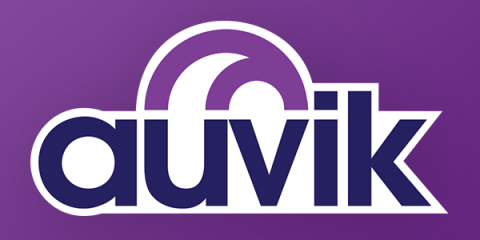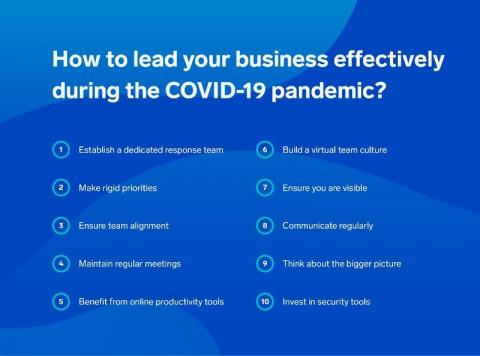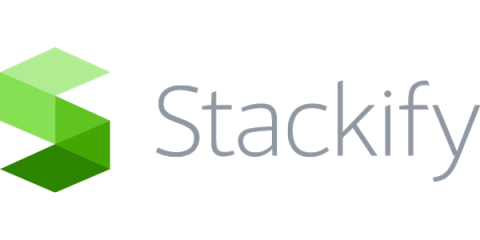Operations | Monitoring | ITSM | DevOps | Cloud
Blog
COVID-19 crisis management guide for business leaders
Learn Jenkins: Top Jenkins Tutorials and Resources
If there’s one thing SRE professionals and DevOps engineers lack, it’s time. After all, engineers need to oversee a variety of processes—like ensuring operational stability, conducting integration testing, and maintaining cybersecurity—to make sure their apps are working optimally. The list goes on and on. With heavy workloads and tight deadlines, there’s little time to waste on software issues stemming from internal collaboration issues.
$25 Million Lost: Tech Issues Hit Businesses Where It Hurts
The phrase just a few months ago has never seemed to cover more ground than it does today. Well, just a few months ago, Nexthink commissioned a study with Vanson Bourne to find out the real state of the Digital Employee Experience. Vanson Bourne reached out to 3,000 IT leaders and employees across major markets in the USA, United Kingdom, Germany and France.
2004 to 20.04 LTS: Ubuntu in popular culture
When we launched Ubuntu back in 2004, our mission to make well-supported, free open source software available to everyone, everywhere was a bold one – but today, Ubuntu is one of the world’s most popular operating systems. One consequence of that popularity is that Ubuntu has very much entered the public consciousness, and its influence can be seen across all kinds of popular culture.
WSLConf: Sessions Part 1 - C++ cross-platform development and more
Earlier this year, Canonical had the pleasure of hosting WSLConf, a virtual conference dedicated to the Windows Subsystem for Linux (WSL). We demonstrated what teamwork and community can achieve when we flipped the in-person conference to a virtual experience in less than a week. WSLConf united developers, security professionals, team leaders from Microsoft, and a passionate community from all around the world.
A Checklist for Your Website Launch
Launching your business website is a big step, but, if you don’t know how to launch a website the right way, you’re just wasting time. There are many considerations, including design, functionality, SEO, testing, marketing, analytics, and security. Assuming you’ve designed and built a site that’s ready to go, your website launch checklist should include the following.
Log Management Solutions: A Look at 11 That You Need
The days of logging as a mere troubleshooting mechanism are past gone. Nowadays, log management is a must. In today’s post, we’ll present you with a list of 11 log management solutions worth checking out. Let’s dig in. The first tool in our list is Splunk, which is a comprehensive utility very well-known by sysadmins. It’s available as a downloadable tool for Linux, Windows, and macOS X. A cloud version also exists, as well as a free version with limited capabilities.
Between Two Alerts: Phishing Emails - Don't Get Reeled In!
Potential attackers are really good at what they do. Security analysts see this firsthand with the amount of phishing emails their organizations see daily. A newly released State of the Phish report reveals that nearly 90% of organizations dealt with business email compromise (BEC) attacks in 2019. End users reported 9.2 million suspicious phishing emails globally for the year.











